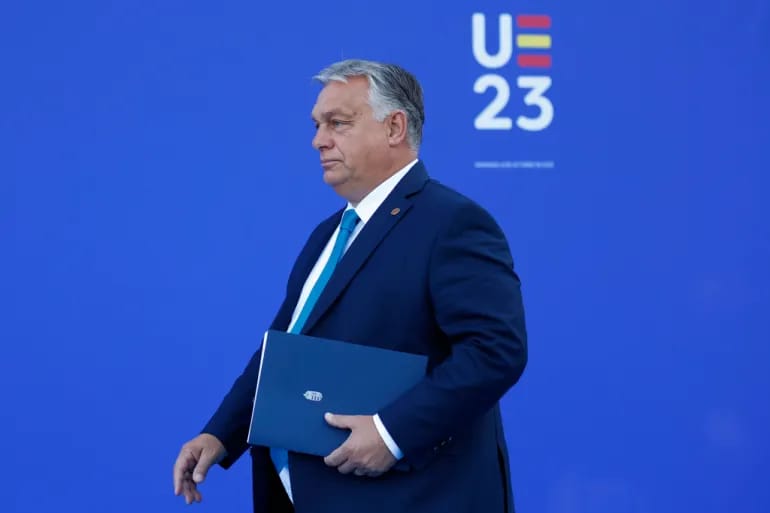After months of delay, the US State Department is poised to make a significant decision that could reshape its relationship with Niger. According to three anonymous US officials, the department is preparing to officially designate the military takeover in Niger as a coup d’état as early as next week. This long-awaited decision may have profound implications for the United States’ ability to collaborate with a crucial counter-terrorism partner in the region. As tensions rise, questions abound regarding the fate of US assistance, military presence, and diplomatic efforts in Niger.
Assistance Suspended, but US Embassy and Military Stay
The impending coup designation is expected to lead to the suspension of specific forms of assistance to Niger. This includes economic and security assistance, potentially putting the future of US funding and support for the Nigerien military in jeopardy. However, it’s essential to note that the US embassy in Niger can continue its operations, and the US military will maintain the legal capacity to keep its forces stationed in the country. The Pentagon, though, is currently assessing how this shift will affect the approximately 1,000 US forces in Niger, raising questions about their roles and responsibilities going forward.
Strained Diplomacy and Congressional Frustration
Nigerien military leaders staged a coup in July, overthrowing the democratically elected president, Mohamed Bazoum. The US hesitated to formally label this takeover as a “coup” due to the legal consequences it entails. A coup designation would compel the US to restrict specific forms of foreign aid, particularly security assistance funding for Nigerien forces. This reluctance has sparked frustration in Congress, where some members have expressed dissatisfaction with the administration’s lack of communication and slow decision-making process.
National Security Interests and Possible Waiver
Secretary of Defense Lloyd Austin emphasized that the US maintains “essentially the same footprint in Niger” as before the military takeover. The US military mission in Niger is a key reason behind the delay in legally designating the situation as a coup d’état. Senior Pentagon officials argue that this presence is vital to counter-terrorism efforts in the region. To reinstate military aid after a coup designation, the Secretary of State could issue a waiver, but only if it aligns with the national security interests of the United States and is approved by Congress. This new development in the 2023 omnibus spending bill suggests that such a waiver could be an option in the future.
As the US prepares to officially designate the military takeover in Niger as a coup d’état, the implications of this decision loom large. While the US embassy and military presence are set to remain, questions persist regarding the extent of US assistance and the future of counter-terrorism efforts in the region. Diplomatic efforts to reverse the coup have thus far been unsuccessful, and Congress remains concerned about the situation. The coming weeks will be critical in determining the fate of US-Niger relations and the effectiveness of their partnership in the fight against terrorism in Africa’s Sahel region.
















